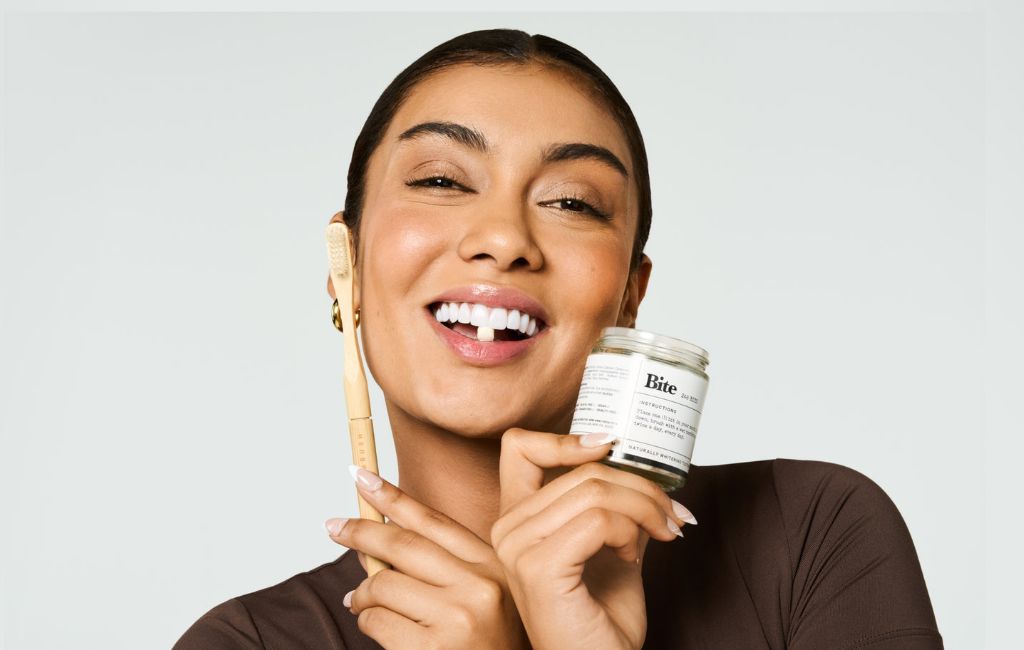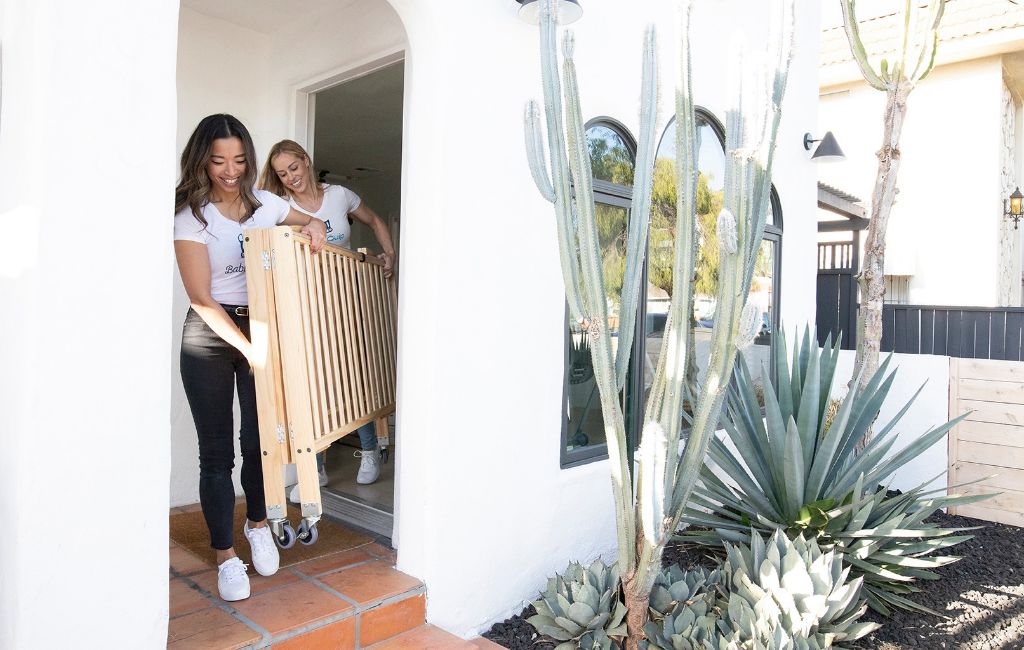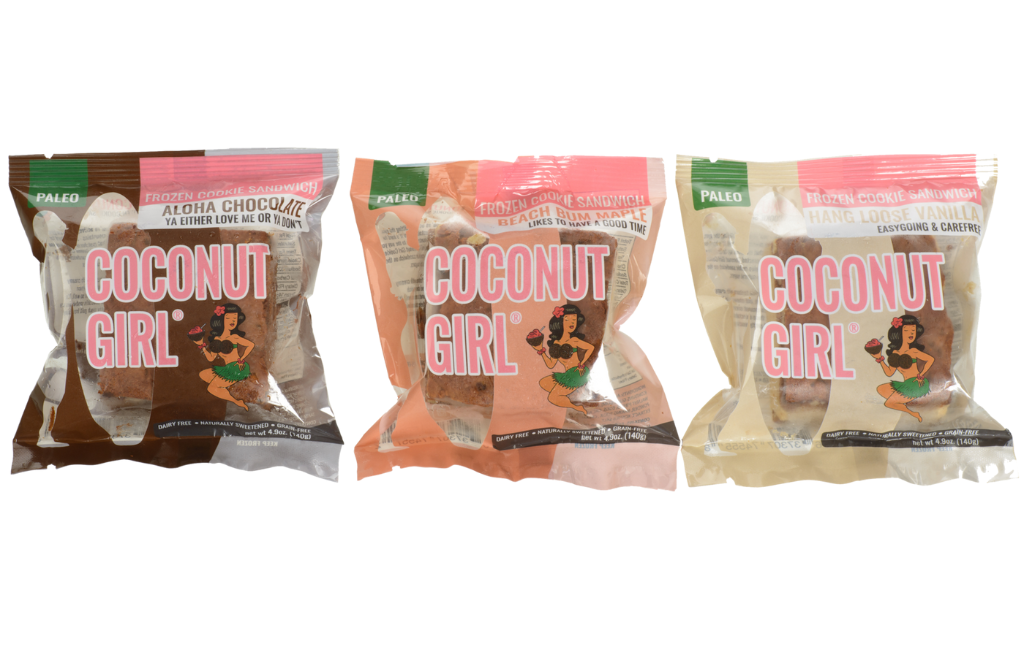Bite Toothpaste Bits
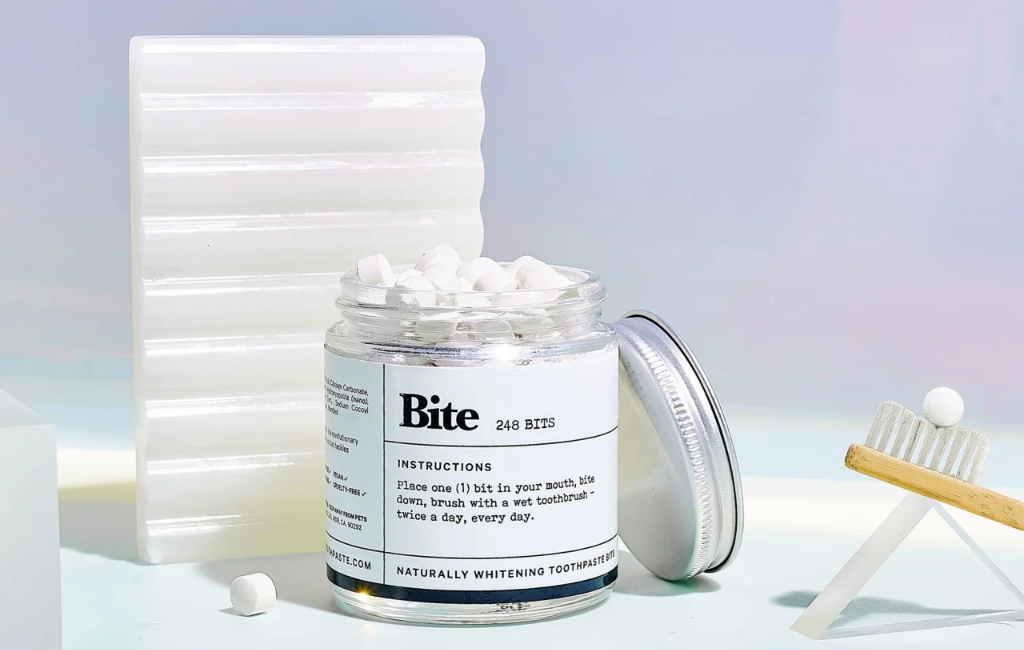
NO DEAL
EPISODE SUMMARY

Asking For:
$325,000 for 5%
Investor:
No Deal
Deal:
No Deal
PRODUCT SUMMARY
Bite Toothpaste Bits offers dry tablets as an eco-friendly and healthy alternative to traditional toothpaste, packaged in recyclable glass jars with compostable refill packets.
WATCH HERE
IN A RUSH?
Click these to jump to the section you want to read.
Background Story
Bite Toothpaste Bits, presented by Lindsay and Asher on Shark Tank, addresses the environmental impact and health concerns associated with traditional toothpaste. Lindsay, a frequent traveler, was inspired to create a sustainable toothpaste solution after realizing the wastefulness of single-use toothpaste tubes. Her journey involved extensive research, collaboration with dental professionals, and experimentation with various ingredients to develop a formula for their toothpaste tablets.
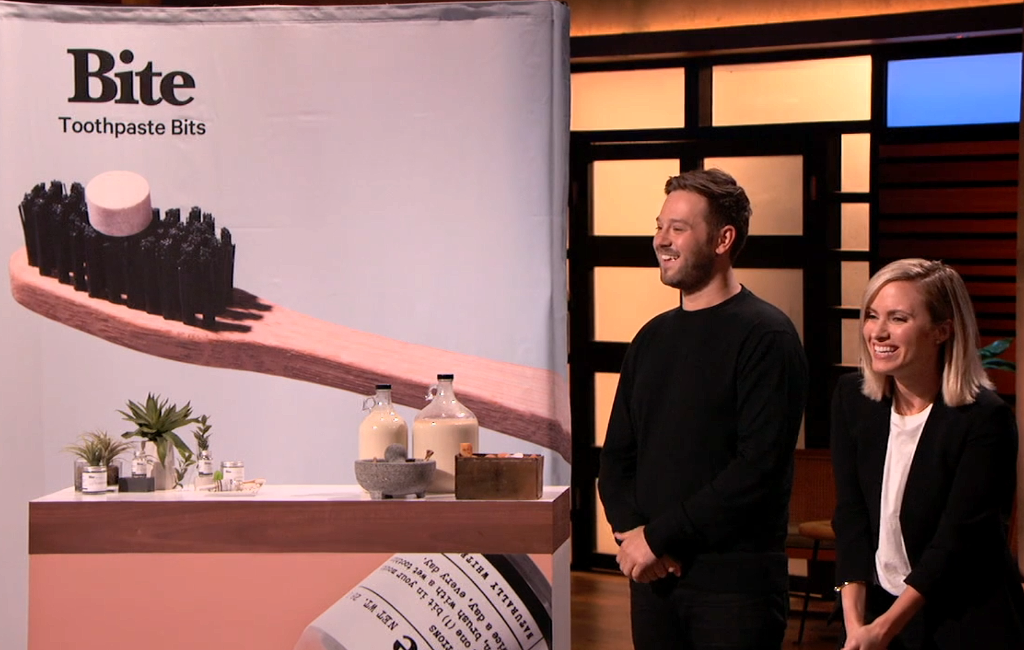
The product emerged from Lindsay’s desire to reduce plastic waste and avoid the harmful chemicals found in many commercial toothpaste brands. Lindsay’s commitment to sustainability is evident in the company’s decision to use glass jars and compostable refill packets. The founders, who have been dating for six years, dedicated themselves to creating a product that not only aligns with their values but also resonates with environmentally conscious consumers.
The Product
Bite Toothpaste Bits revolutionizes oral care with dry toothpaste tablets designed to eliminate plastic waste. The tablets come in glass jars that are both recyclable and refillable with compostable packets. The product aims to address environmental concerns by reducing the approximately 1 billion plastic toothpaste tubes ending up in landfills and oceans each year.
To use Bite Toothpaste Bits, consumers simply pop a tablet into their mouth, bite down, and then brush with a wet toothbrush. The tablet foams up, providing a familiar brushing experience without the need for traditional toothpaste tubes. The tablets are flavored with natural mint peppermint oil, providing a fresh and clean feeling.
The sustainability focus extends to the packaging, with glass jars and compostable refill packets contributing to a plastic-free oral care routine. The founders are committed to continuous improvement, as evidenced by their response to customer feedback regarding the small amount of palm oil in the initial formulation.
Upon learning about the environmental impact, the company promptly reformulated its entire product line to be 100% palm oil-free, resulting in a positive response from customers and increased sales.
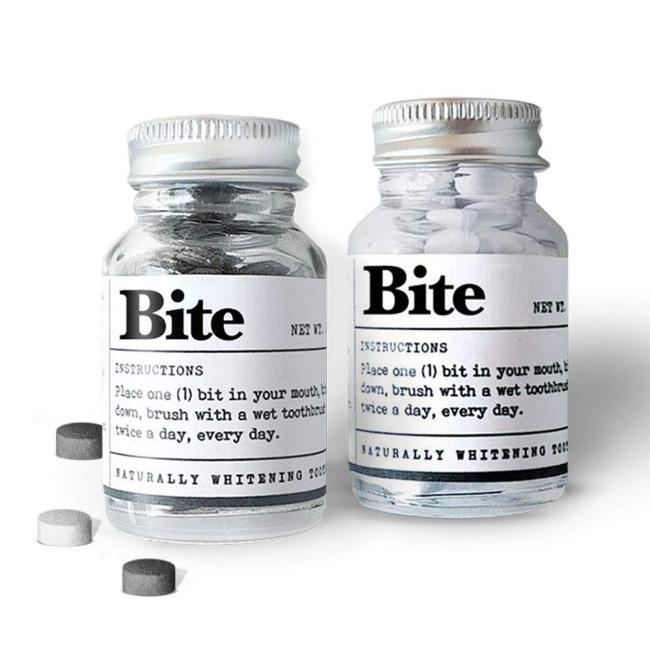
How It Went
The company’s position before Shark Tank
Bite Toothpaste Bits has achieved notable success within its first 10 months, reaching sales of $1.3 million. The company operates entirely online, using a direct-to-consumer model with just under 10,000 subscribers. The founders have bootstrapped their business, avoiding external funding and maintaining zero debt. The product’s affordability is highlighted by the cost structure, with the 1-ounce bottle priced at $12 plus shipping and the 4-month subscription costing $30 with shipping included.
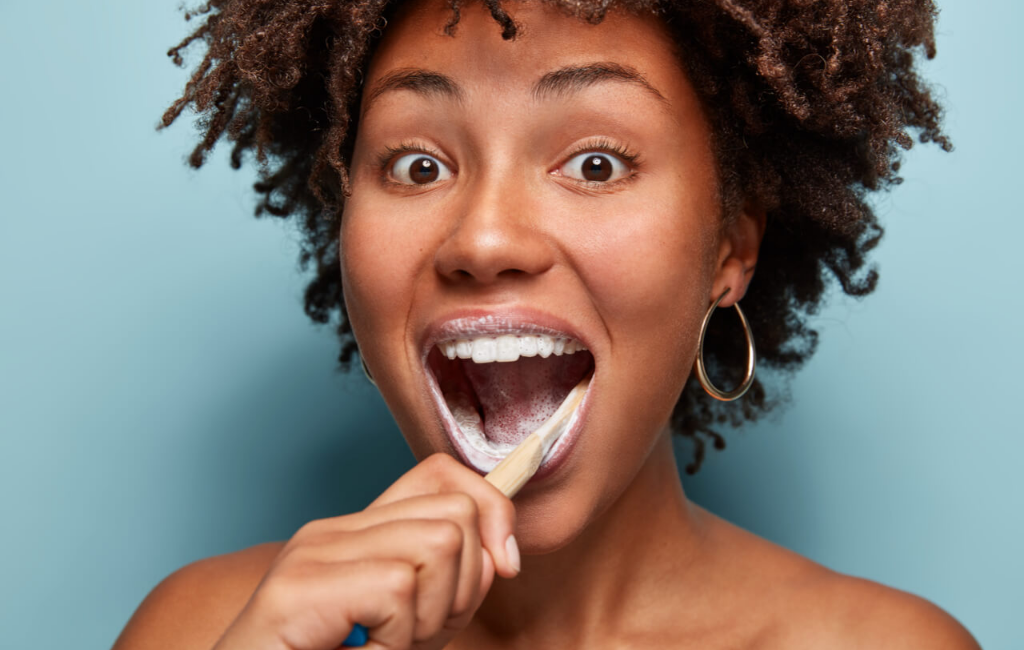
The founders emphasized their commitment to customer satisfaction, incorporating customer feedback into product development, such as the swift elimination of palm oil from their formula. The company’s unique selling proposition lies not only in the product itself but also in the sustainability aspect, using glass jars and compostable refill packets. However, the Sharks expressed concerns about potential competition and the challenges associated with maintaining high customer acquisition margins.
The Negotiations:
The founders initially sought $325,000 for 5% equity. The Sharks were concerned about the competitive nature of the market, potential knock-offs, and the lack of fluoride in the product. Kevin offered $325,000 for 20%, while Mark proposed $325,000 for 15%. The founders appreciated the offers but were hesitant about the equity percentages.
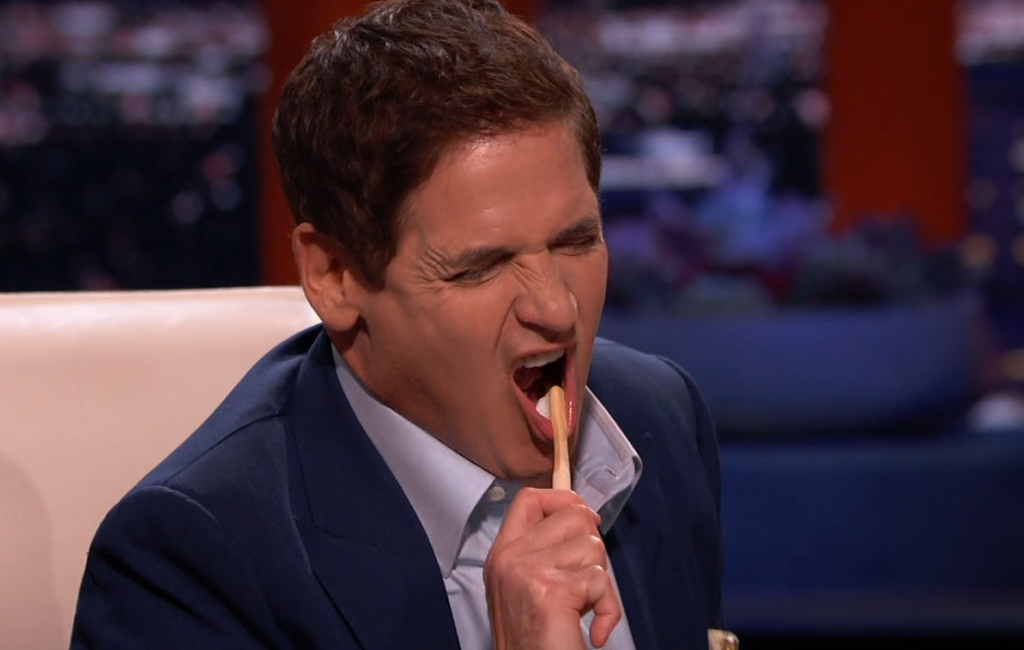
Negotiations continued with Mark sticking to his 15%, and Kevin not budging from 20%. Mark eventually modified his offer to $325,000 for 20%, but Lindsay and Asher found the valuation too high. Despite appreciating Mark’s offer, they ultimately declined, opting to retain control of their company. With Mark out, Kevin maintained his offer of $325,000 for 20%, leading to a rejection from the founders. In the end, no deal was made with the Sharks.
